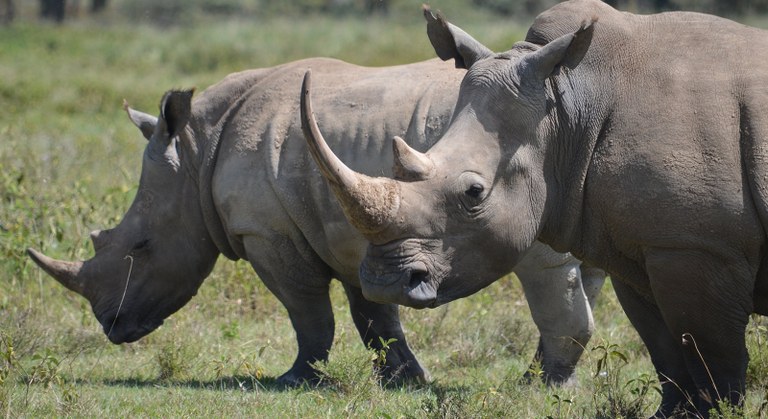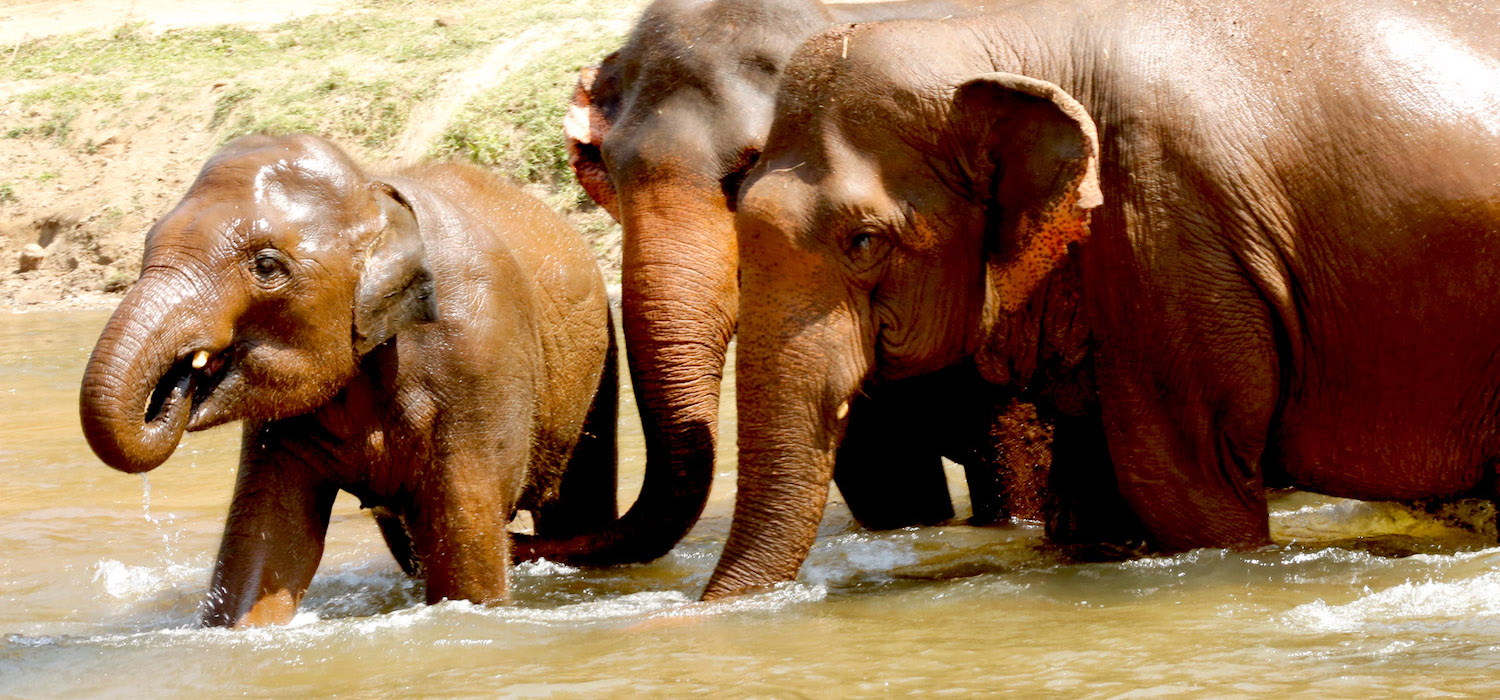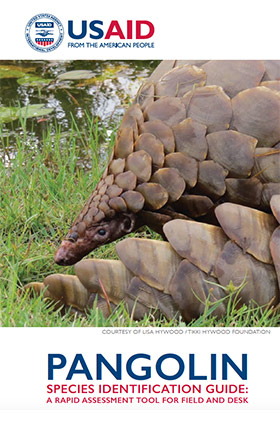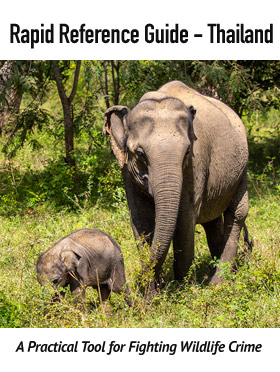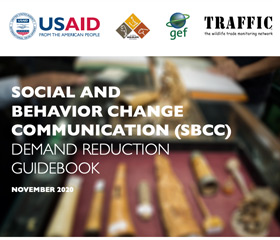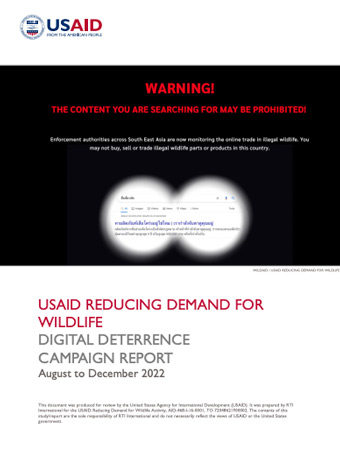Campaigns
Only Elephants Wear Ivory Best Campaign Video with Cindy Bishop
USAID, Thailand’s Department of National Parks, Wildlife and Plant Conservation (DNP), and WildAid launched the “Only Elephants Wear Ivory Best” campaign in September 2022 to reduce the use and purchase of jewelry and accessories made from elephant ivory among women.
Training
OSINT
The Open-source Intelligence (OSINT) training package was developed to support law enforcement agencies more effectively combat online wildlife crime.
CTOC
The course is designed to help law enforcement investigators identify and disrupt transnational organized crime groups involved in wildlife trafficking.
Judicial Course
The course aims to provide judges with the foundational knowledge on environmental law principles and their application, enabling them to adjudicate environmental criminal court cases as serious transnational organized crimes.




